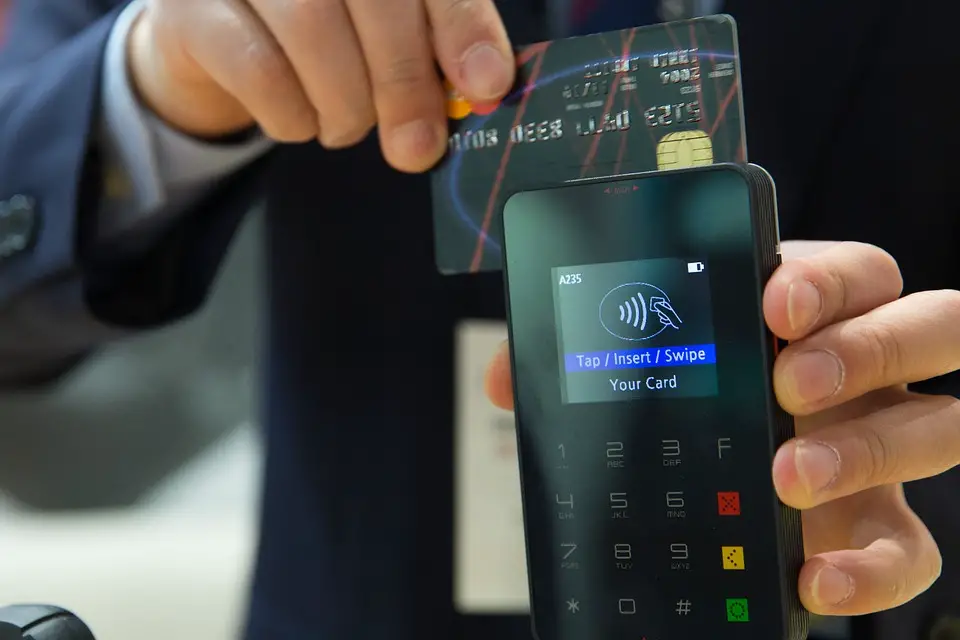As Poslovni Dnevnik/Marta Duic writes, the world’s largest online retailer, Amazon, under the influence of the coronavirus pandemic, increased its turnover by 38 percent. Thanks to retail innovation, Amazon’s figure of 280 billion US dollars has grown to a staggering 386 billion. Although online stores aren’t something new, grocery retail has so far mostly remained in the physical ”world”, with people going to large supermarkets in person, but with the arrival of the global pandemic, the way we buy groceries has also changed.
While some tried online shopping for the first time only during the pandemic, others took advantage of the opportunity to adapt quickly and opted for innovations that bring changes in an industry where there have been no tectonic changes since the very invention of the supermarket. The results of research into consumer habits are an indication that in order to stay on the market, it’s necessary to change the way of doing business and use digital technologies to better adapt to customer needs.
Changes caused by the pandemic
When it comes specifically to Croatian shopping and consumption habits, the research conducted revealed that back at the very beginning of the pandemic, there was a considerable increase in the use of e-commerce and a change in consumer habits.
During the pandemic, 60.7 percent of Croatia’s respondents mostly chose to shop online, but 39.3 percent of them stayed loyal to the traditional way of doing shopping. As many as 55 percent of respondents decided to go to the store once a week, while 13.6 percent of them did so several times a week. To inform themselves about products and services before buying them, 67.9 percent of the respondents used information platforms such as Google to find answers to questions.
Trends across the world are an indicator that in the future we will find practical solutions such as self check outs and the use of robots when shopping. Some of these solutions were presented by well-known retail chains well known to Croats, while in our country, the modernisation of the industry is still expected.
Self-service cash registers in our hands
In neighbouring Slovenia, the retail chain Mercator has introduced the M-scan service, which replaces traditional self-service cash registers and enables purchases via mobile phones. M-scan and similar solutions speed up the shopping process, are cheaper to perform than self-service cash registers, and are being tested worldwide.
Amazon has opened several stores in the USA under the name GO, where a system of sensors and cameras recognises purchased products, and a similar smart shopping trolley system is being tested by the Dutch supermarket chain Jumbo.
Robots are part of the solution
With self check outs as a trend in retail, the use of robots is an increasingly common solution for fast and efficient business, and this could be the case for the Croatian shopping experience of the future too. The Ocado logistics system seems like something you should see in science fiction movies, but it’s actually a British online retail chain where robots work in a fully automated warehouse, boasting 35 percent sales growth last year.
On the other hand, robots could soon be walking around with people in Decathlon stores. With computer vision technology and RFID readers, the state of the stock and the items on the shelf will be monitored with the help of the Simba robot, which will provide trade and additional insight into consumer behaviour.
FairPrice, a supermarket chain based in Singapore, is working on testing the use of robots in food delivery. After completing the purchase of groceries, the customer can return to their activities because the bags will be delivered to them by a robot, and the mobile application will give confirmation of the agreed collection with a QR code.
While much of the above might seem totally unrealistic in relation to the Croatian shopping experience as we know it, standing around in lines at Konzum and trying to shove what we’ve purchased in a bag at the same rate as the cashier fires the items towards you, robotics in Croatia is advancing, and it could become a reality sooner than we might think.
The global pandemic has accelerated the process of change in the retail industry in a way that was previously unimaginable. The frequent use of contactless payments, which is becoming an increasing preference of customers so as to avoid touching too many items or indeed money, has reduced the need for contact, while the use of innovations in trade is an indicator of the need for digital transformation, which will not bypass the Croatian shopping experience of the future, or the wider domestic market.
For more, make sure to follow our lifestyle section.









